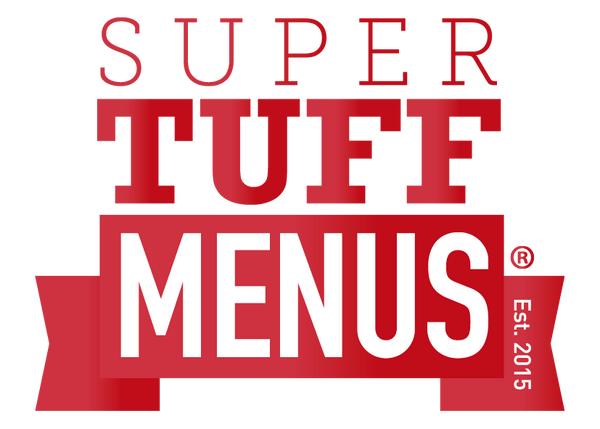Do you have enough visual cues? How are your prices listed?
Highlighting the items you want to sell the most of (your Stars) is part of the design process but don’t lose sight of everything else involved. You must remember who your clientele are, who orders which items, what is it that’s brought them to your establishment; for example is it cocktail promotions or live music or your homemade pasta? It’s important to keep these in mind while you start to design your menu, it should be personal to your business.
We’re going to go through what Menu Engineer Gregg Rapp considers to be best practices to increase profits.

Prices
This is the most common problem seen across restaurant menus! Do not list your prices in a column. Doing this allows your customers to focus on the price, and instead of reading through the items you have on offer they’ll scan those first and probably end up choosing the cheapest one.
Instead, just have the prices at the end of each item description, no need to change the style or size of the font either. If you can, ditch the currency symbol too.

Item descriptions
Another common problem is failing to reflect the importance of an item with a description. If you’ve got an expensive seafood platter on the menu, justify it! We’ll be dedicating a couple of blog posts to this later in the series, but for now, remember;
Use descriptions to set items apart, use evocative language, induce nostalgia, give your ingredients a backstory.
Mention brand names. If you’re using a famous bourbon in your BBQ sauce make sure everyone knows it, this gives the item a higher perceived quality.

